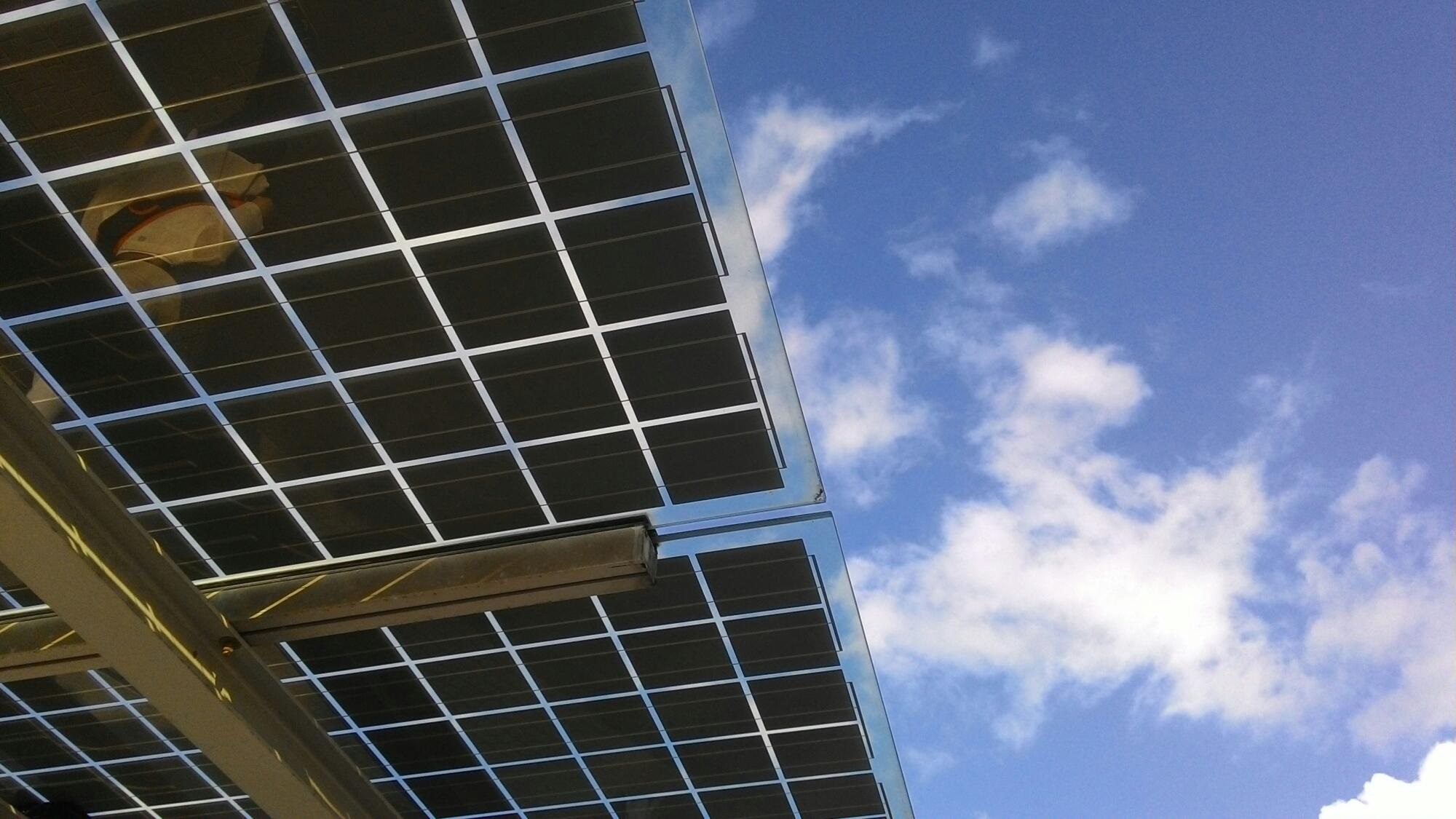Switching to solar energy is a smart way to lower your energy bills and help the environment. Using the sun’s energy is not only free, but it is also a renewable source, meaning it will not run out. Solar technology uses sunlight to create electricity or heat, which can then be used to power homes and businesses.
This article will explore how a solar source can help you save money on your energy bill, and why residential solar panels are a great investment.
What is a Solar Source?
A solar source refers to any technology or system that uses sunlight to generate energy. The most common systems are solar panels. They capture sunlight and turn it into electricity.
There are two types of solar panels:
- photovoltaic (PV)
- thermal
PV panels make electricity directly from sunlight, while thermal panels use sunlight to heat water or air. Both types can help reduce your reliance on the grid, leading to lower energy bills.
How Residential Solar Panels Work
Residential solar panels are usually installed on the roof where they can get the most sunlight. These panels are made up of many solar cells, usually silicon-based, which absorb sunlight. When the sunlight hits the cells, it creates an electric field that causes electricity to flow.
This electricity can then be used to power your home. Any excess electricity can be stored in a battery or sold back to the grid, which can help you save even more money.
Benefits of Using a Solar Source
Here are a few reasons why using solar energy for your home or business can be beneficial.
Lower Energy Bills
One of the main benefits is that it can significantly reduce your energy bills. Since you are generating your own electricity, you do not need to buy as much from the grid.
This can lead to huge savings, especially if you produce more energy than you use and sell the excess back to the grid. To learn more on this, check out World4Solar HelioWind Products.
Government Incentives
Many governments offer incentives to encourage people to install residential solar panels. These can include tax credits, rebates, and subsidies, which can help lower the initial investment cost. Taking advantage of these incentives can make going solar even more affordable.
Reduce Your Carbon Footprint
Using solar panels can also help reduce your carbon footprint. Traditional energy sources like coal and natural gas produce harmful emissions that contribute to climate change.
Solar energy, on the other hand, is clean and renewable. By switching to a solar source, you are helping to reduce your impact on the environment.
Costs and Savings
While the cost of installing residential solar panels can be a concern, it is important to look at the long-term savings. Over time, the savings on your energy bills can more than make up for the initial cost. In addition, many solar panel systems come with warranties that can last up to 25 years, ensuring that your investment is protected.
Initial Costs
The cost of installing solar panels initially fluctuates based on factors like system size, location, and sunlight exposure in the area. On average, a residential solar panel system can cost between $10,000 and $30,000. While this may seem like a lot, the long-term savings can be substantial.
Long-Term Savings
The amount of money you can save will depend on several factors, including the size of your solar panel system, the amount of sunlight your area gets, and your electricity usage. However, many people see savings of 50% or more on their energy bills.
In some cases, you may even be able to eliminate your energy bill entirely. Over the lifetime of the system, these savings can add up to tens of thousands of dollars.
Installation and Maintenance
Installing residential solar panels can be a straightforward process. Most companies offer full-service installation, including a site assessment, design, and setup. Once installed, solar panels require very little maintenance. Regular cleaning and inspections are usually all that is needed to keep them operating efficiently.
Professional Installation
It is important to have your solar panels installed by a professional to ensure that they are set up correctly and safely. A professional installer will assess your home to determine the best placement for the panels. They will also take care of all the necessary permits and inspections.
Maintenance Tips
Maintaining your solar panels is simple. Keep them clean by removing any debris or leaves that may accumulate.
Annual inspections by a professional can also ensure that your system is functioning properly. Many solar panels come with monitoring systems that allow you to keep track of their performance and detect any issues early.
Financing Options
There are several financing options available to help make installing residential solar panels more affordable. Some common options include loans, leases, and power purchase agreements (PPAs).
Solar Loans
Solar loans are similar to home improvement loans and can be used to cover the cost of installing solar panels. These loans typically have lower interest rates and longer repayment terms, making them an attractive option for many homeowners.
Solar Leases
With a solar lease, you pay a monthly fee to use the solar panels but do not own them. The leasing company owns the panels and is responsible for maintenance and repairs. This can be a good option if you do not want to pay the upfront cost of installing solar panels.
Power Purchase Agreements (PPAs)
A PPA allows you to purchase the electricity generated by the solar panels at a lower rate than you would pay to your utility company. The solar company installs and maintains the panels, and you pay for the electricity they produce. This can be a great way to save money on your energy bill without the initial investment.
How a Solar Source Empowers Your Savings
Switching to a solar source is a smart and sustainable way to save money on your energy bills. Residential solar panels can reduce your reliance on the grid, lower your energy costs, and help protect the environment. With various financing options and government incentives available, now is a great time to consider making the switch to solar energy.
By harnessing the power of the sun, you can enjoy long-term savings and contribute to a cleaner, greener future.
For more on this content, visit the rest of our blog!





Be First to Comment